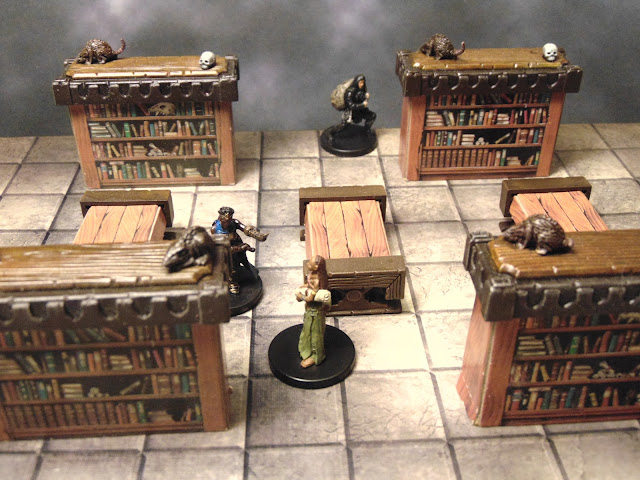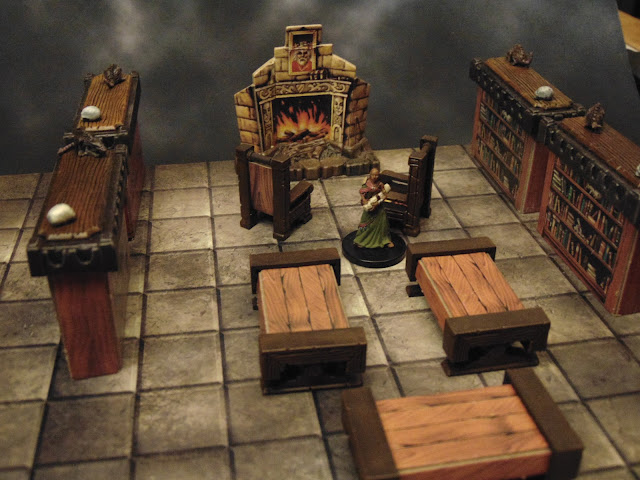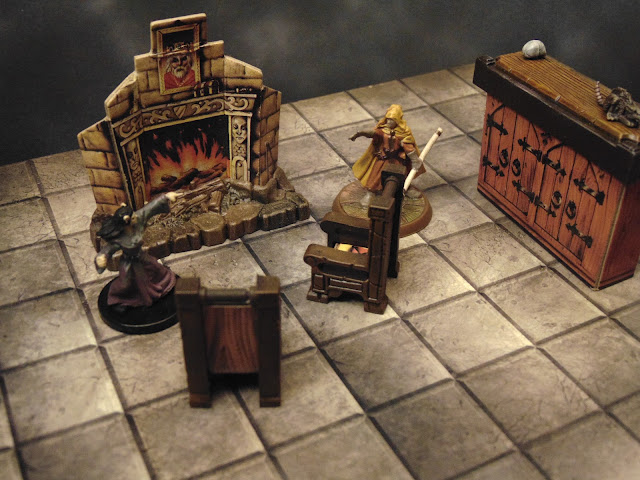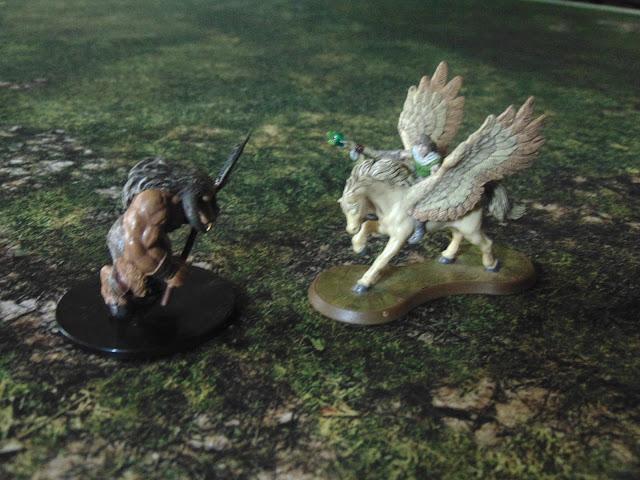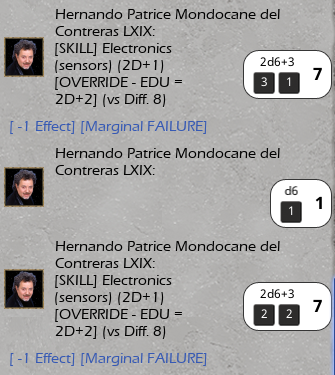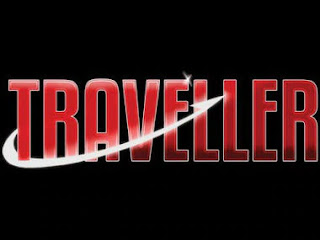A few years back when Flames of War 3rd Edition came out, we decided to take the plunge as a club. We were looking for a new frontier, and most of us were thirty-something at the time. When we went in, we spent a LARGE sum of money for four of us to get complete armies.
When we did, we went through our FLGS. The store didn't carry Flames of War at the time, so our buy-in was the store's buy-in for Battlefront. Alas, only a few months after our club was able to demo the game to the wider community, the few folks who decided to pick it up were trying to sell their models second-hand. Eventually, much of it went to Ebay with very few games ever being played - and most likely not a "full" game but more along the lines of the starter forces and scenarios.
The demo games I saw that weren't given by our club lacked a basic overview of the game. A lot of things veterans would take into account, such as the combined arms nature of the game, were simply ignored. This made the scenario, and thus the game, a bore to slog through.
Yet, I don't think it was because the folks trying to demo the game or to collect and get into it were dumb. When our club first decided to step off into Flames of War, we had absolutely no frame of reference. I did almost two solid years of research before we even drew up the lists we would be starting off with. I found that this research was essential to getting the game up off the ground in the group, as I could more properly craft the campaigns we were about to embark on.
In so doing, I learned all the differences between the units. Since historical games rely on actual real-life material, all the units are labeled how they would be in the time period. Know the difference between Sd Kfz 250/1C and a 250/8? Or a 251 from a 250/9?? I didn't.
I wasn't really a WWII enthusiast
per se at the time. I had to study both the Flames of War rulebooks as well as actual historical documents to get comfortable enough to make the presentation of the game. I scoured the internet, learning about the war in general and specifically the Eastern Front. I found it fascinating how much I didn't know.
Yet there's the rub.
I found I was genuinely interested in the history. For Flames of War, that's what you get for "fluff". There's no make-believe stories in a lot of historical rulebooks - they might be what you would call "fluff-thin", most of the time. Fact is, they don't really need to be anything else. The "fluff" is literally all over the place, being that it's actual history.
You'll find that a lot of folk don't have the same passion for historical games as they do for robots and dragons. A lot of that has to do with what folks are interested in...for example, WWII won't appeal to most younger people, just because it's like...history, man. Without that WANT to learn about the history connected to a game, it just won't take root in a player. They aren't motivated to learn the game or collect the models.
Maybe it comes with age. As we get older, our tastes change and become more refined. For some, historical games have an air of 'legitimacy' to them. For others, it's fuddy-duddy neckbearding of the highest order.
How many of you have tried to get a historical wargame going in your community? Did it take root to form an active community? How many folks out of your group jumped in?
For us, we had several games going during the last club that were historical. They took root pretty well, and there are WWII and Wild West posses somewhere here in the vault. Overall though, less than 20% of our group joined each game with an investment.
Maybe it's all about presentation. It's gotta be exciting - people will game whatever game is being played in the community if there are organized events and a welcoming atmosphere. Don't forget to pre-pack your historical demo with all sorts of relevant facts and cool asides about the period and belligerents. Yeah, it's basically a term paper - but you'll have fun and so will your group.



